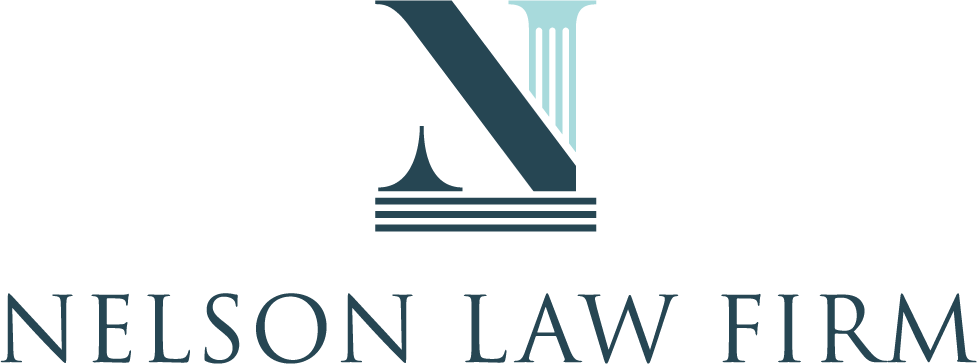When most people think of estate planning, a will is the first thing that comes to mind. Although wills are useful, they are one of many different kinds of estate planning tools. A will may be suitable for some people, but others may require a different means of organizing their estate.
One popular will alternative is the living trust. Living trusts are versatile tools that offer estate planners unique advantages, including:
Cost-cutting
One of the living trust’s most prized characteristics is that, unlike a will, it is not subject to probate. An idiosyncrasy that may save you money in the long run.
When an estate enters probate court, the State takes a fee levied as a percentage of the estate – usually .25% in South Carolina. Of course, setting up a living trust has its own costs, but they may be considerably less than the probate fee depending on the size of the estate.
Privacy
Piggybacking off the above section, there’s an additional advantage that comes with skipping probate – privacy.
Probate court is a public affair; anyone who so desires may sit in on the proceedings. Of course, this means your private family matters may end up public. Living trusts are far more private, with only the grantor, the trustee, and the beneficiary being involved.
Accessibility
The assets governed by a will cannot be accessed until the testator passes, at which time his assets in their entirety are distributed to the named heirs. The assets in a living trust, on the other hand, can be accessed while the grantor is alive and doled out piecemeal as needed.
Living trusts may seem fairly straightforward but in reality, they are complex legal mechanisms. A trust should only be set up with the help of an experienced lawyer.
A lawyer can structure the trust around your unique objectives. Furthermore, they can foresee potential issues before they arise, saving you money and stress down the road.



